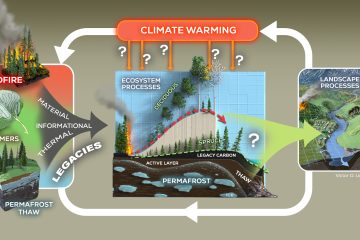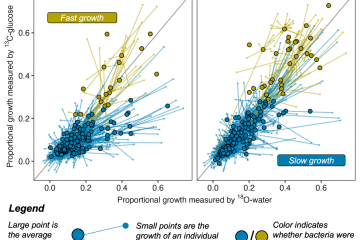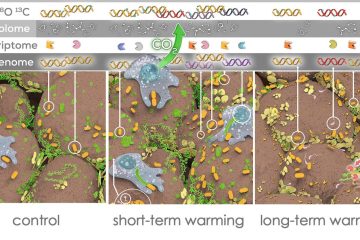Impacts of fire on non-native plant recruitment in black spruce forests of interior Alaska
Climate change is expected to increase the extent and severity of wildfires throughout the boreal forest. Historically, black spruce (Picea mariana (Mill.) B.S.P.) forests in interior Alaska have been relatively free of non-native species, but the compounding effects of climate change and an altered fire regime could facilitate the expansion of non-native plants. We tested the effects of wildfire on non-native plant colonization by conducting a seeding experiment of non-native plants on different substrate types in a burned black spruce forest, and surveying for non-native plants in recently burned and mature black spruce forests. We found few non-native plants in burned or mature forests, despite their high roadside presence, although invasion of some burned sites by dandelion (Taraxacum officinale) indicated the potential for non-native plants to move into burned forest. Experimental germination rates were significantly higher on mineral soil compared to organic soil, indicating that severe fires that combust much of the organic layer could increase the potential for non-native plant colonization. We conclude that fire disturbances that remove the organic layer could facilitate the invasion of non-native plants providing there is a viable seed source and dispersal vector.


